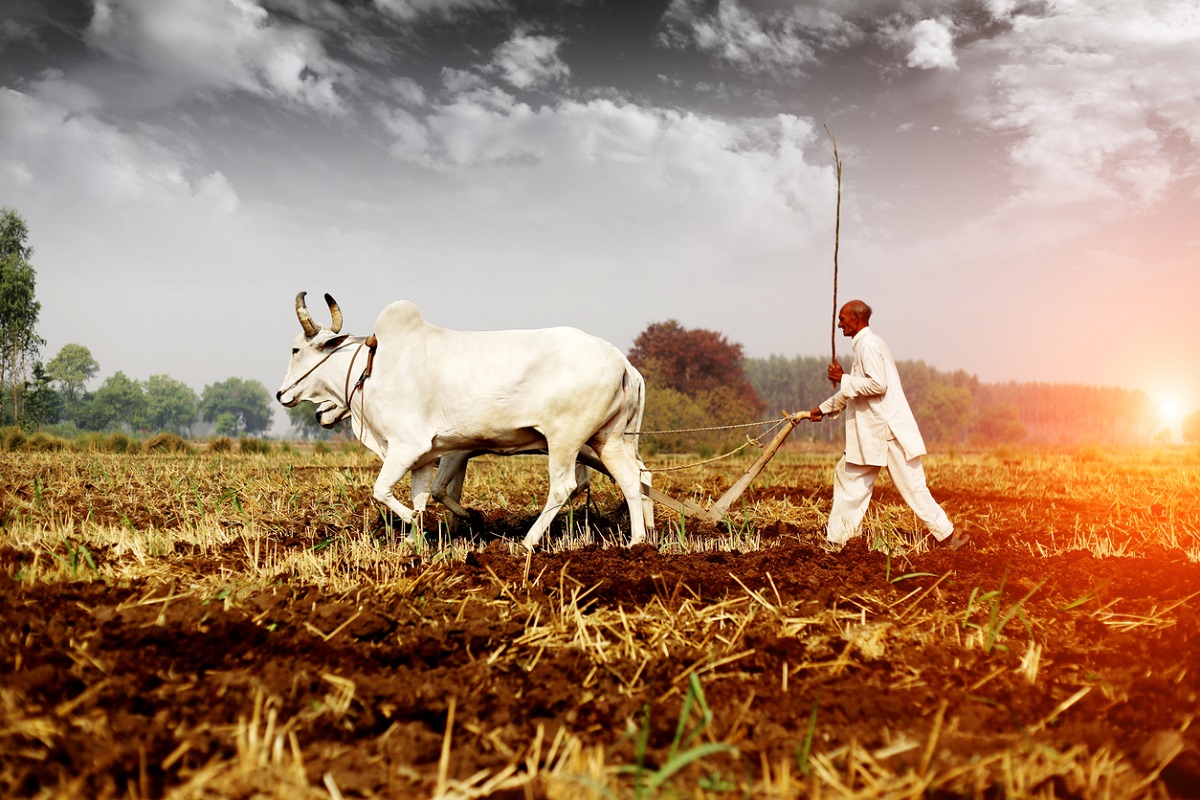Ayokel in his dirt yard ~ which is a correct approximation of how the farmer stands in popular perception ~ is hardly a brand identity that makes for an attractive career option in an aspirational India. Yet in its demand-driven world, the only producer of food ~ the first of the three essentials, roti, kapda, makan, which India is committed to providing for all under National Food Security Act enacted in 2013 ~ is someone in the boondocks.
Food is also something that Indians have an obsessive interest in; at a socio-superficial level, recipes, restaurants, reality shows around food dominate the daily information cycle, even as its producer remains relegated to an ignominious world. The upshot is that though India will need to provide food and nutritional security to all by ensuring access to adequate and quality food at affordable prices, with neither income nor social recognition, upwards of 2,000 farmers quit farming every day.
Over a longer term this has grave consequences for food security, which Indian society, as a whole, cannot be unaware of. It is easy to reel out numbers on how lucrative agriculture can be and how critical it is for inclusive development of India, because agricultural development is amongst the most potent instruments to address entrenched poverty with. It is not just India that has to feed a billion plus people, the world needs to feed a projected 9.7 billion people by 2050; lab-produced foods are still some way off. This raises questions.
Why should it be so difficult for savvy strategic identity creators to invest farmers with an image to make farming a worthwhile career choice and attract the young and educated Indian? Second, why is it impossible for the government to create adequate rural infrastructure and terms of trade to make farming sustainably productive? While mindsets of policy-makers have customarily been unfathomable, certainly civil society can contribute to making the Indian perceive the true value of the farmer.
Regrettably discussions around rebranding farming are invariably about creating brands out of the produce, never a brand out of a farmer, courtesy myopic marketing minds. Beginning with primary education’s failure to establish a connect with the soil, even in rural India ~ just beginning to happen in elitist Indian schools ~ to overall apathy bred over the process of socialization, farming is a ‘no go’ career. Happily though, some enlightened youthful interests have begun to realize the value of farming, the need to reconnect with nature.
They appreciate that farming provides better lives, not urban slums and do not mind getting their hands dirty. This the rural youth cannot appreciate because the bulk of investment has been in the urban sector, not on ensuring sustainability in agriculture as an adequate source of livelihood and adequately addressing rickety infrastructure in the countryside. Considering that even the World Bank holds growth in agriculture to be two to four times more effective in raising incomes among the poorest, compared to other sectors, certainly the lowly farmer deserves a loftier place in Indian minds. There could be no greater tribute to Gandhi on his 150th birth anniversary.











